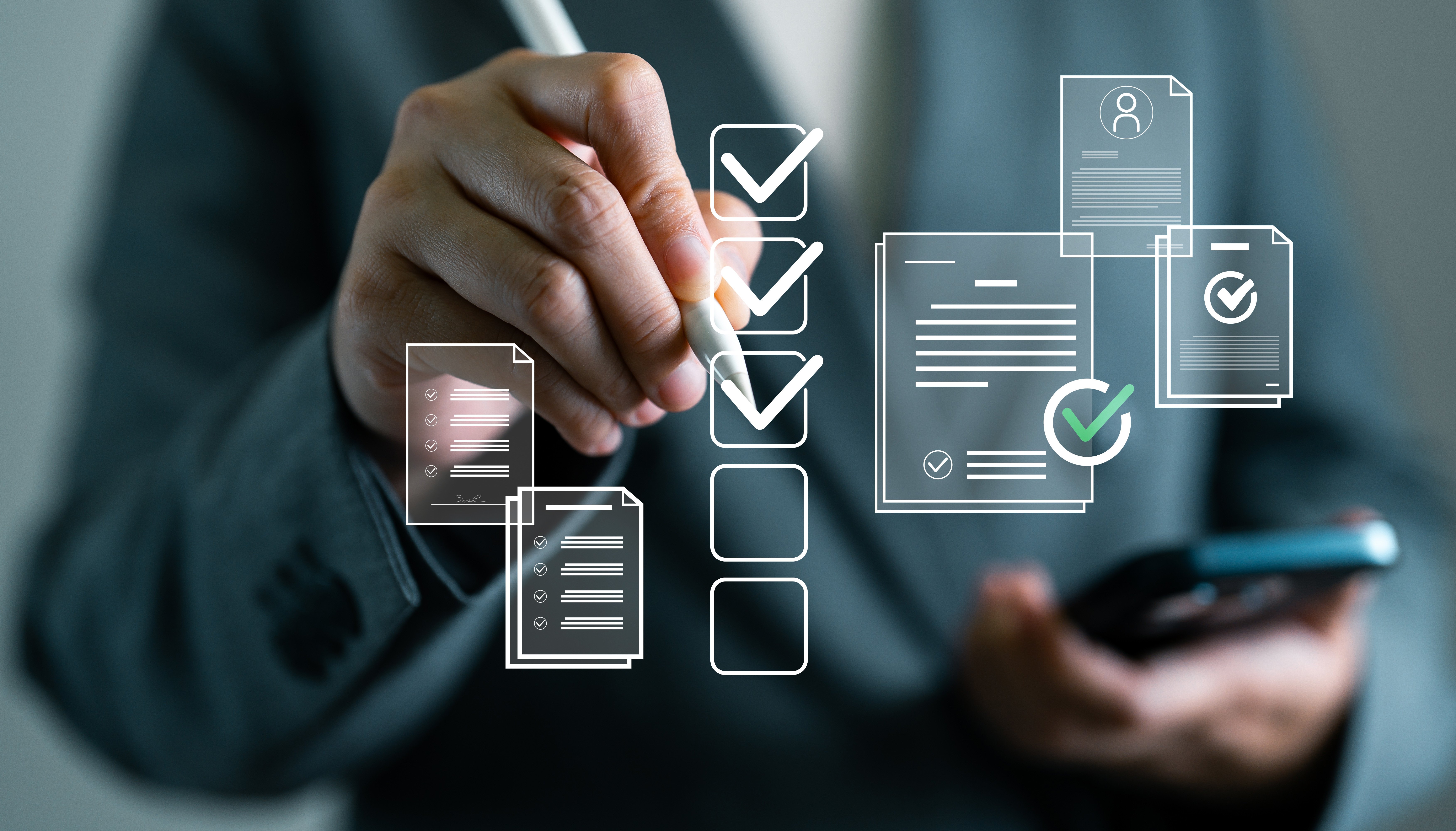
E-commerce is much more than a virtual shopping cart – it can be a multi-channel solution that resolves complex pain points across the company or a best-of-breed solution nightmare that creates silos of data across many software applications. For many businesses, eCommerce solutions play an essential role in managing multiple selling channels to provide tailored shopping experiences to consumers, business customers, vendors, and employees. In this episode of The ERP Advisor, Shawn Windle will be joined by special guest, Shiloh Pettyjohn, Chief Experience Officer & Co-Founder of Web Studios West, to discuss the art of transforming your business with a well-crafted e-commerce solution.
Unlock the Power of E-Commerce to Enhance Your ERP
More and more businesses are looking to unlock growth opportunities by pairing well-crafted e-commerce software solutions with their ERP. At a basic level, experts define e-commerce as commercial transactions conducted electronically over the Internet, wherein companies sell a product or service electronically and someone buys it. However, at its heart, the right e-commerce tool combined with a strong, foundational ERP is so much more than that and focuses on customer experience, transaction support, operations, and brand expression.
What is the Difference Between ERP & E-Commerce-Specific Solutions?
Before evaluating an e-commerce solution, an organization must have a solid enterprise software solution in place to run the business. The ERP itself handles the backend business processes required to successfully operate and thrive, including managing inventory, overall cross-department communication, supply chain management, accounting, and more.
Once the core ERP is in place, the business can begin optimizing the system post-go-live with enhancements like an advanced e-commerce solution. Having an e-commerce presence becomes a strategic differentiator for businesses interested in expanding their reach across the market. While many ERP solutions provide very basic e-commerce functionality, businesses conducting a significant number of exchanges online will need richer capabilities available in best-of-breed options. E-commerce solutions allow the business to accept payments and manage online transactions before passing them into the ERP. As a result, businesses can effectively sell their products or services in an online marketplace and process orders before feeding that information to the ERP. Integrating order and/or customer information from the e-commerce solution into the ERP can provide a 360-degree view of the order process from start to finish.
Overall, e-commerce solutions enable the business to complete front-end business tasks, providing an online catalog, inventory availability, shipping details, shopping cart functionality, customer profile, and order history. Total revenue is the minimum information your ERP will need but each company must decide the value of bringing customers, individual orders, returns, etc. over to the ERP. For high-transaction and low-dollar consumer orders, some companies leave the entire customer record in their e-commerce while business-to-business e-commerce sites might need all the customer details about orders, credit, and payment status available in the ERP too.
How Do You Evaluate & Select the Right E-Commerce Tool?
Much like a selection, a business must have a concrete understanding of its ERP needs and requirements before attempting to select and implement an e-commerce solution. Many times, a business may go into the project dead set on implementing an e-commerce solution, only to realize they should delay this purchase until other core systems are updated and replaced. Replacing integrations to legacy systems can be costly and some businesses may opt to replace the legacy system first.
The addition of an e-commerce solution is considered a post-go-live optimization made only when the ERP has successfully gone live; although, your selection consultant may still recommend you consider these solutions during the selection phase to ensure overall preparedness after Phase 1 of implementation. When considering your need for an e-commerce solution, you should have a solid understanding of the following requirements for your business:
- Does your organization NEED an e-commerce solution?
- Will an e-commerce solution solve your pain points and grow your business?
- Will other business systems be able to integrate and if not, is this an issue?
- How scalable and flexible are the solutions you are evaluating?
What Role Does “Experience” Play in Selecting an E-Commerce Solution?
Your ERP, e-commerce solution, HCM, accounting software, and any other application your business implements will reflect how you want people to do business with you, whether a customer, vendor, or employee.
The e-commerce solution will be the first chance to attract and interact with potential clients. Your solution must be able to connect with the client in a way that replaces the human element usually involved in sales by building brand awareness and trust with the customer. The e-commerce tool should effectively communicate who your company is and simplify the buying process to encourage future loyalty and purchases while improving upon tedious or manual processes, without hindering the ERP.
Additionally, experience is vital from an employee and ERP perspective. The original intent of your ERP was likely to rid your business of disjointed, harmful processes, which should continue to be the goal with the implementation of your e-commerce solution. It is vital that employees can utilize this tool alongside their ERP to enable the continued growth and success of the company. These interactions all center around overall experience, rooted in your business requirements and further emphasizing the importance of understanding your needs.
Conclusion
The right e-commerce solution coupled with the right ERP will open endless possibilities for the future of your business. At the end of the day, it is vital that your business understands who you are and how you will do business with the world around you because, without those core values, you cannot truly transform your business for future success. Need help with your ERP upgrade or post-go-live optimization? Contact an independent ERP consultant, today or download your free guide to post-go-live optimization below!

.png)



